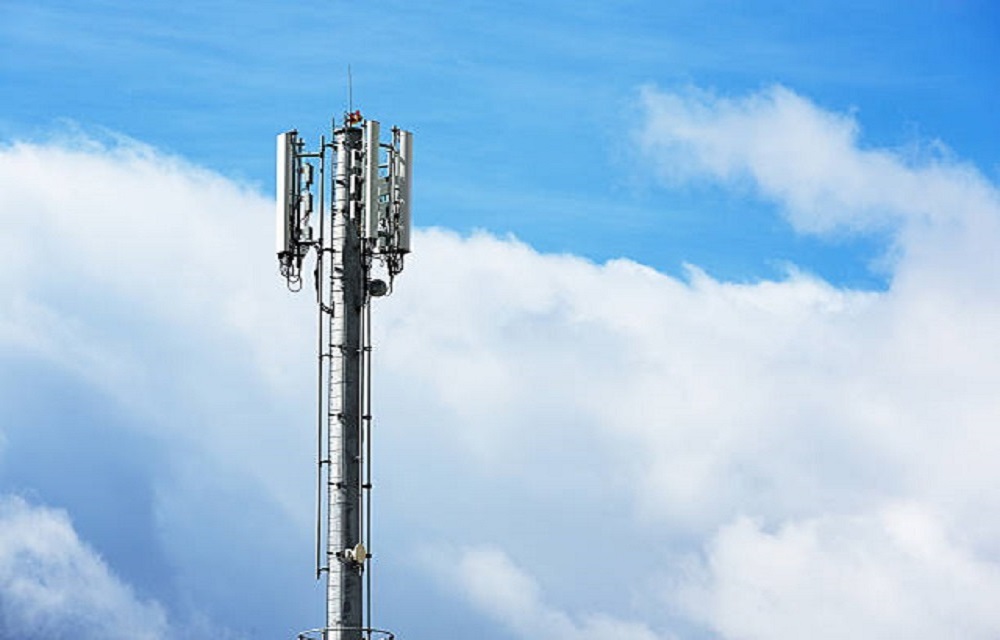Monopole Antenna Technology: From Core Principles to 5G Deployment Strategies
2025-05-23
Core Structure & Operating Mechanism
A monopole antenna comprises a single radiating element mounted on a conductive ground plane, enabling radio frequency signal transmission with efficiency comparable to a half-wave dipole13. The widely adopted quarter-wavelength design optimizes impedance matching and omnidirectional radiation patterns, exemplified by 5G implementations where a 3.5GHz frequency corresponds to a 21.4mm conductor length47. This engineering principle aligns with theoretical electric monopole concepts in physics, which remain experimentally unobserved but underpin antenna modeling.

Telecom Monopole Towers: Technical Advantages
- Radiation Efficiency
- Ground plane integration boosts vertical gain by 40%, extending cellular coverage radius
- Multi-band modular configurations support 2.4GHz WiFi and 5G mmWave coexistence
- Space-Saving Deployment
- G-type composite structures (closed/open wire loops) reduce footprint by 30%
- Solar-PV integration enables simultaneous RF and solar energy harvesting
- Environmental Durability
- Corrosion-resistant coatings validated through 3,000-hour salt spray tests
- Seismic-resistant joints meet 8.0-magnitude earthquake standards
5G Innovations & Applications
Mobile Infrastructure
- Urban microcells: Height-adjustable monopoles (15–30m) eliminate dense urban signal gaps
Sustainable Energy Integration
- PV-antenna hybrid units: Capture 12W/m² ambient RF energy in field tests
- Low-profile designs (H<3λ) compatible with building facades and streetlight systems

Hey, I’m Chunjian Shu
"X.Y. Tower: Reliable, innovative solutions for high-quality towers and electrical equipment with professional service.
